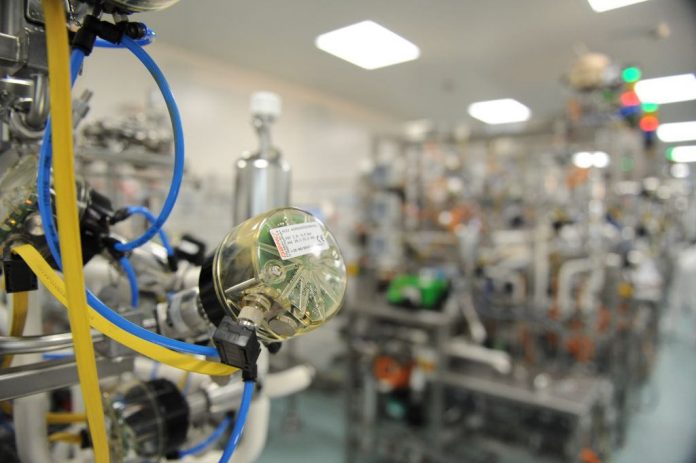The new law adopted on Wednesday aims to avoid duplicating national assessments to determine a medicine’s added value that help EU countries decide on pricing.
MEPs highlight that there are many barriers to accessing medicine and innovative technologies in the EU, the main ones being the lack of new treatments for certain diseases and the high price of medicines, which in many cases do not have added therapeutic value.
Health professionals, patients and institutions need to know whether or not a new medicine or medical device is an improvement. Health technology assessments (HTA) therefore seek to identify their added value, comparing them with other products.
The new law aims to boost cooperation between member states in the field of HTA, by laying out the procedure for member states to carry out voluntary joint assessments. Provisions cover aspects such as rules for sharing data, setting up coordination groups, avoiding conflicts of interest among experts, and publishing the results of the joint work.
National competence
HTAs are under the exclusive competence of member states. However, multiple countries carrying out parallel assessments, under diverging national laws, may result in a duplication of requests and increase the financial and administrative burden on health technology developers, say MEPs.
This burden acts as a barrier to the free movement of health technologies and the smooth functioning of the internal market, and delays patients’ access to innovative treatments.
“This new law is a good step towards improving European citizens’ access to medicine and health technologies. It will improve the quality of health technologies, inform research priorities and eliminate unnecessary duplication. Also, it has the potential to make the health system more sustainable,” said Soledad Cabezon Ruiz (S&D, ES).
Health technologies encompass medicines, medical devices, and medical procedures and measures for prevention, diagnosis and treatment.
Health technologies are an innovative sector, part of an overall market for healthcare expenditure that accounts for 10% of EU GDP.
The report was adopted with 576 votes to 56 and 41 abstentions. MEPs will enter into negotiations for a first reading agreement with EU ministers once they set their own position on the file.

